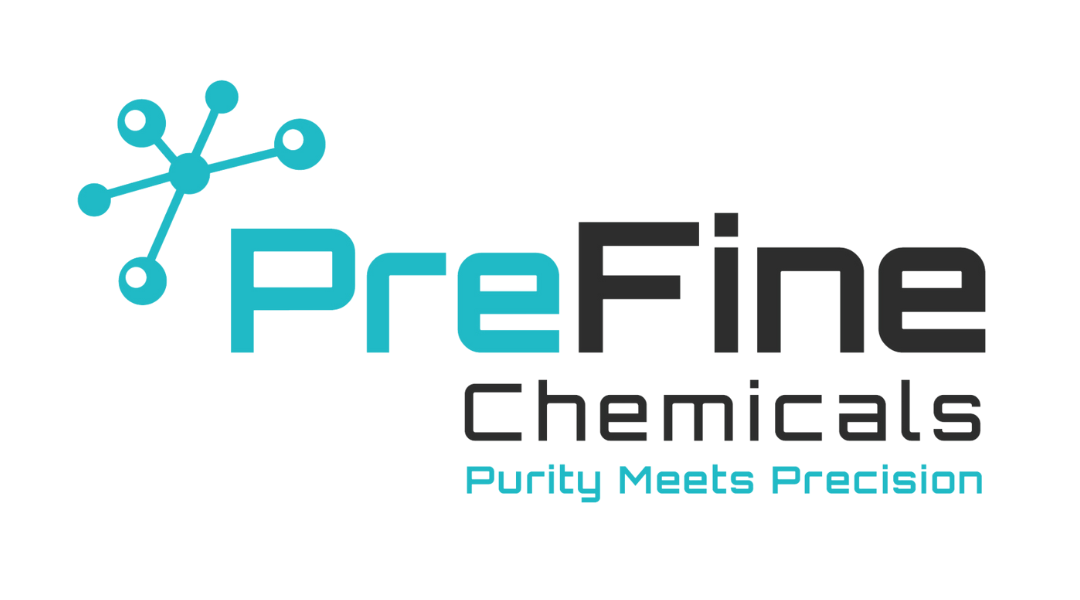Chemical importation is a multifaceted process fraught with potential hurdles and apprehensions. In today’s global marketplace, where businesses are continually expanding their reach across borders, chemical importers play a pivotal role in ensuring the smooth flow of goods. However, beneath the surface lies a myriad of fears and uncertainties that can impede the progress and success of import ventures. In this comprehensive guide, we delve deep into the major fears of chemical importers, providing invaluable insights and strategies to navigate these challenges with confidence.
Understanding Regulatory Compliance: The Backbone of Import Operations
One of the foremost concerns for chemical importers revolves around regulatory compliance. Navigating the complex web of international regulations, standards, and protocols can be daunting, with the risk of non-compliance looming large. From product classification to documentation requirements, every aspect of importation must adhere to stringent regulatory guidelines to avoid costly penalties and delays. Moreover, the ever-evolving nature of regulations adds another layer of complexity, requiring importers to stay abreast of changes and updates to ensure compliance at all times.
Mitigating Supply Chain Risks: Ensuring Reliability and Quality
Another pressing fear for chemical importers is the inherent risks associated with the supply chain. From sourcing raw materials to transportation and storage, each stage presents potential vulnerabilities that can disrupt operations and compromise product integrity. Ensuring the reliability and quality of suppliers is paramount, requiring thorough vetting processes and robust quality assurance measures. Additionally, importers must implement effective risk mitigation strategies, such as diversifying suppliers and establishing contingency plans to address unforeseen challenges swiftly.
Managing Financial Uncertainties: Balancing Cost and Profitability
Financial considerations weigh heavily on the minds of chemical importers, as they strive to balance cost-efficiency with profitability. Fluctuating currency exchange rates, fluctuating commodity prices, and unpredictable market dynamics can impact profit margins and overall viability. Implementing sound financial management practices, including budgeting, forecasting, and risk hedging, is essential to mitigate financial uncertainties and safeguard the financial health of import operations.
Addressing Environmental and Safety Concerns: Prioritizing Sustainability and Compliance
In an increasingly environmentally conscious world, chemical importers face heightened scrutiny regarding environmental and safety practices. Ensuring compliance with environmental regulations and adopting sustainable practices are no longer optional but imperative for long-term success. From hazardous substance handling to waste management, importers must prioritize environmental stewardship and invest in technologies and practices that minimize ecological footprint and enhance safety protocols.
Overcoming Cultural and Language Barriers: Facilitating Effective Communication
Cultural and language differences can present significant challenges for chemical importers engaged in international trade. Effective communication is essential for building trust, fostering collaboration, and resolving disputes effectively. Investing in language training and cultural awareness programs can bridge the gap and facilitate smoother interactions with overseas partners and stakeholders. Additionally, leveraging translation services and cultural consultants can enhance communication effectiveness and mitigate misunderstandings.
Embracing Technological Innovation: Leveraging Tools for Efficiency and Optimization
In the digital age, chemical importers have unprecedented access to technology-driven solutions that can streamline operations and drive efficiency. From advanced supply chain management systems to real-time tracking and monitoring tools, technology offers a wealth of opportunities to optimize import processes and mitigate risks. Embracing technological innovation enables importers to stay ahead of the curve, adapt to changing market dynamics, and gain a competitive edge in the global marketplace.
Conclusion
In conclusion, chemical importers face a myriad of fears and challenges in their quest to navigate the complexities of international trade. From regulatory compliance to supply chain risks and financial uncertainties, the journey is fraught with potential pitfalls. However, by understanding these concerns and implementing proactive strategies, importers can overcome obstacles with confidence and drive success in the global marketplace.

